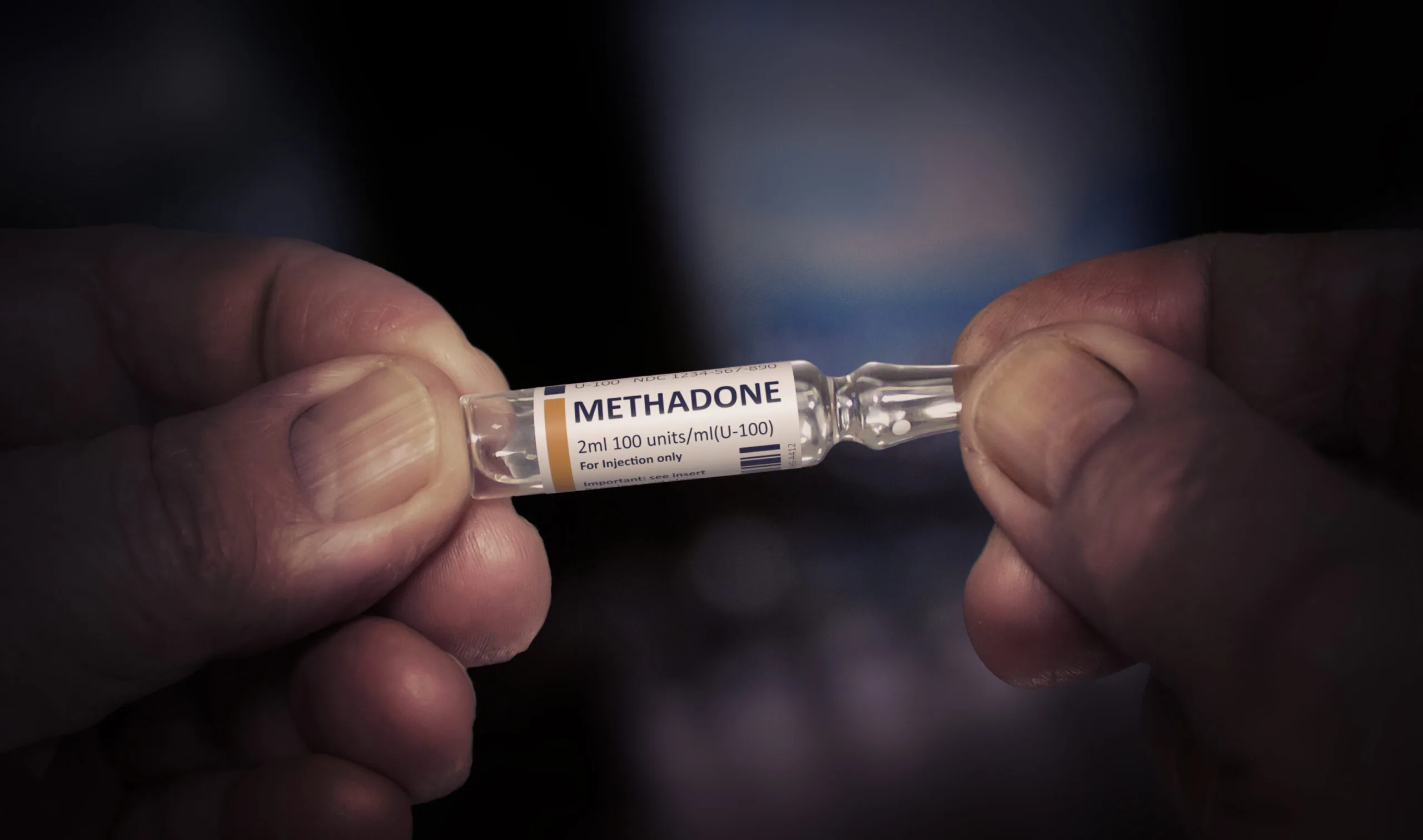
Methadone is a powerful opioid medication primarily used to treat chronic pain and opioid addiction. Despite its effectiveness, there are numerous misconceptions and misunderstandings surrounding this drug. In this article, we will delve into 15 methadone facts and myths to provide a clear understanding of this medication. By dispelling common myths and shedding light on important facts, we aim to offer valuable insights into the uses, benefits, and potential risks associated with methadone. Whether you’re seeking information for yourself or a loved one, understanding the truth about methadone is crucial for making informed decisions about its usage. Let’s explore the truths and falsehoods surrounding methadone to gain a comprehensive understanding of this often-misunderstood medication.
Key Takeaways:
- Methadone is a synthetic opioid used to treat addiction and chronic pain, but it requires careful monitoring and can cause respiratory depression if misused.
- Despite stigma and myths, methadone can be a lifeline for individuals with opioid use disorder, offering stability and hope for recovery.
Methadone is a synthetic opioid.
Methadone is a synthetic opioid that is commonly used to treat opioid addiction. It works by changing the way the brain and nervous system respond to pain.
Methadone is often used in medication-assisted treatment (MAT).
Methadone is a key component of medication-assisted treatment (MAT) for opioid addiction. It helps to reduce withdrawal symptoms and cravings, allowing individuals to focus on recovery.
Methadone can be prescribed for pain management.
While methadone is primarily known for its role in treating opioid addiction, it can also be prescribed for managing chronic pain. It has a long duration of action, making it suitable for pain control.
Methadone maintenance treatment is a long-term approach.
Individuals undergoing methadone maintenance treatment typically use the medication for an extended period, as it helps to stabilize their condition and reduce the risk of relapse.
Methadone is dispensed through approved opioid treatment programs (OTPs).
Due to its potential for abuse, methadone is dispensed through specialized opioid treatment programs to ensure safe and controlled administration.
Methadone can cause respiratory depression.
Like other opioids, methadone can slow down breathing, especially when taken in high doses or with other central nervous system depressants.
Methadone has a long half-life.
Compared to other opioids, methadone has a long half-life, meaning it stays in the body for an extended period. This characteristic contributes to its effectiveness in medication-assisted treatment.
Methadone can interact with other medications.
It’s important for individuals on methadone to inform their healthcare providers about all medications they are taking, as methadone can interact with certain drugs, potentially leading to adverse effects.
Methadone is associated with stigma.
Despite its effectiveness in treating opioid addiction, methadone is often stigmatized, leading to misconceptions and barriers to access for individuals seeking treatment.
Methadone withdrawal can be challenging.
Discontinuing methadone treatment can lead to withdrawal symptoms, which can be difficult to manage without proper medical supervision and support.
Methadone is not a cure for addiction.
While methadone maintenance treatment can be highly beneficial, it is not a cure for addiction. It is a tool that, when used as part of a comprehensive treatment plan, can support individuals in their recovery journey.
Methadone misuse can lead to overdose.
When used inappropriately or in high doses, methadone can lead to overdose, highlighting the importance of adhering to prescribed guidelines and seeking medical guidance.
Methadone myths contribute to misinformation.
Myths and misconceptions about methadone can create barriers to treatment and perpetuate stigma, emphasizing the need for accurate education and awareness.
Methadone requires careful monitoring.
Individuals on methadone treatment require regular monitoring to ensure the medication is effectively supporting their recovery and to address any emerging issues or concerns.
Methadone can be a lifeline for individuals with opioid use disorder.
For many individuals with opioid use disorder, methadone treatment has been a vital lifeline, offering stability, hope, and the opportunity to rebuild their lives.
Conclusion
It’s important to separate fact from fiction when it comes to methadone. This medication has been a crucial tool in treating opioid addiction and chronic pain for many years. By understanding the facts and debunking the myths surrounding methadone, individuals can make informed decisions about their treatment options. It’s vital to consult with healthcare professionals to get accurate information and guidance on the use of methadone. With the right knowledge and support, individuals can benefit from the therapeutic effects of methadone while minimizing the risks associated with misinformation.
FAQs
What is methadone used for?
Methadone is primarily used to treat opioid addiction and manage chronic pain. It helps reduce withdrawal symptoms and cravings in individuals dependent on opioids.
Is methadone addictive?
When taken as prescribed for the treatment of opioid addiction or pain management, the risk of addiction is significantly reduced. However, misuse or overuse of methadone can lead to dependence and addiction.
Can methadone cause overdose?
Like any opioid medication, methadone can cause overdose if taken in excessive amounts or combined with other substances that depress the central nervous system. It’s crucial to follow the prescribed dosage and usage instructions to avoid overdose.
What are the common side effects of methadone?
Common side effects may include constipation, drowsiness, dizziness, nausea, and sweating. These effects often diminish as the body adjusts to the medication.
How long does methadone treatment last?
The duration of methadone treatment varies depending on individual needs. Some individuals may require long-term maintenance therapy, while others may gradually taper off the medication under medical supervision.
Was this page helpful?
Our commitment to delivering trustworthy and engaging content is at the heart of what we do. Each fact on our site is contributed by real users like you, bringing a wealth of diverse insights and information. To ensure the highest standards of accuracy and reliability, our dedicated editors meticulously review each submission. This process guarantees that the facts we share are not only fascinating but also credible. Trust in our commitment to quality and authenticity as you explore and learn with us.
